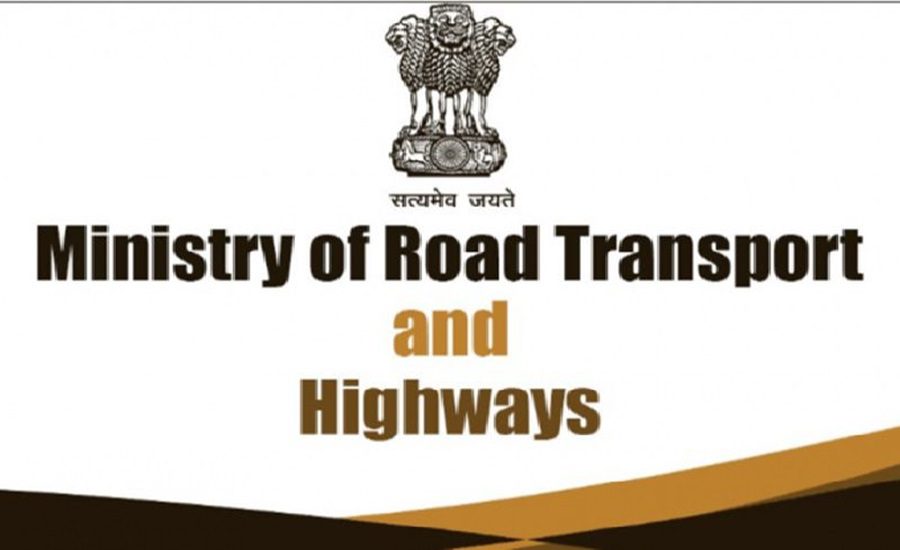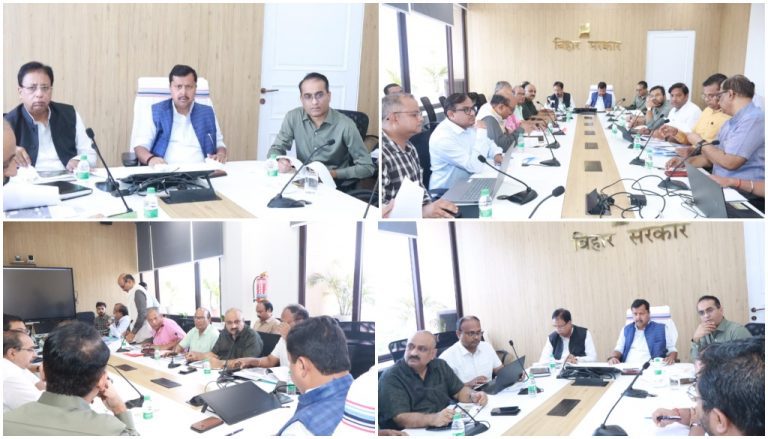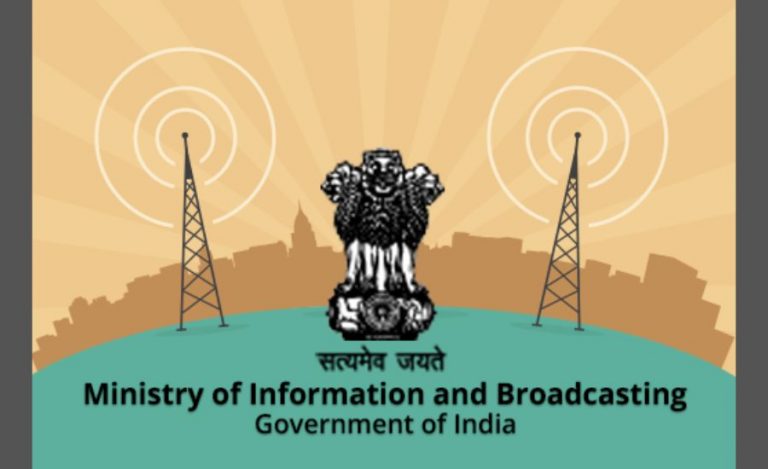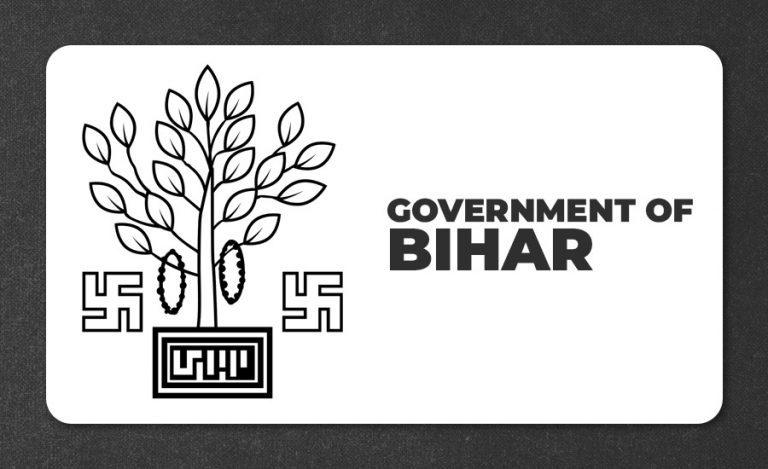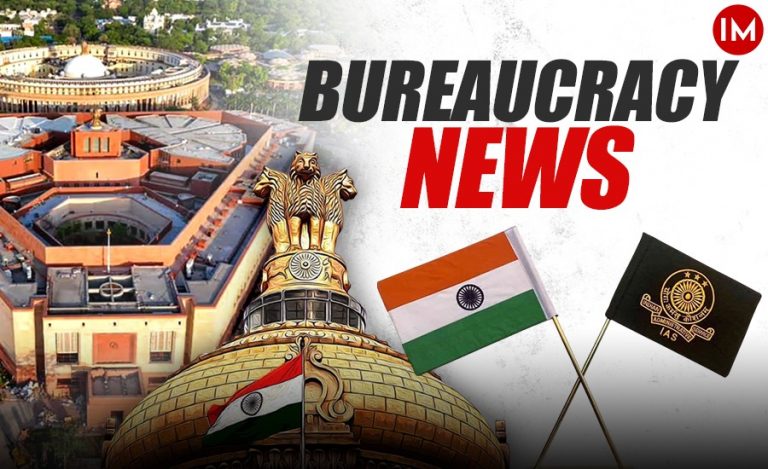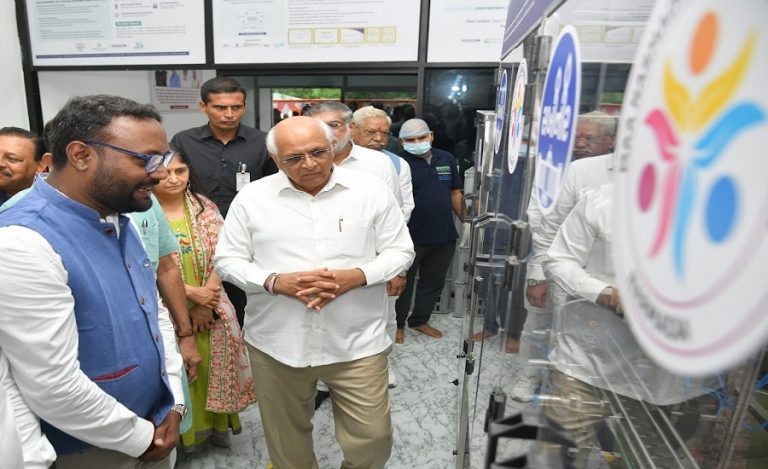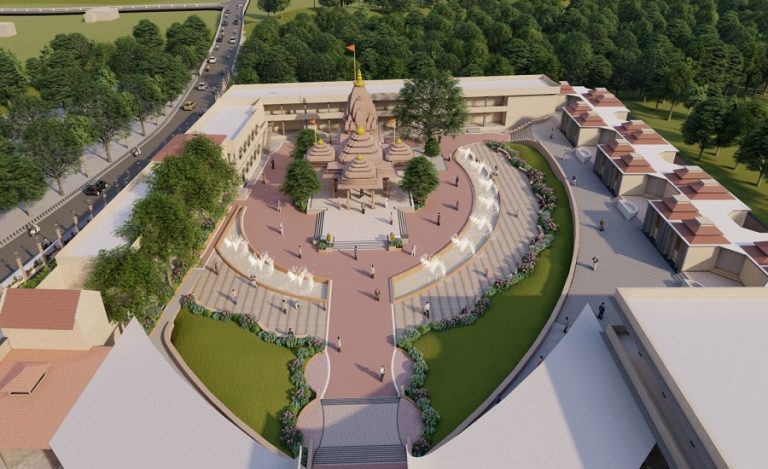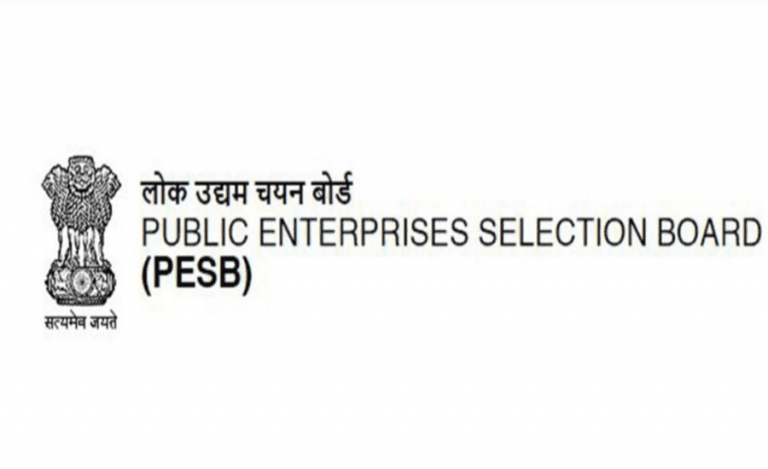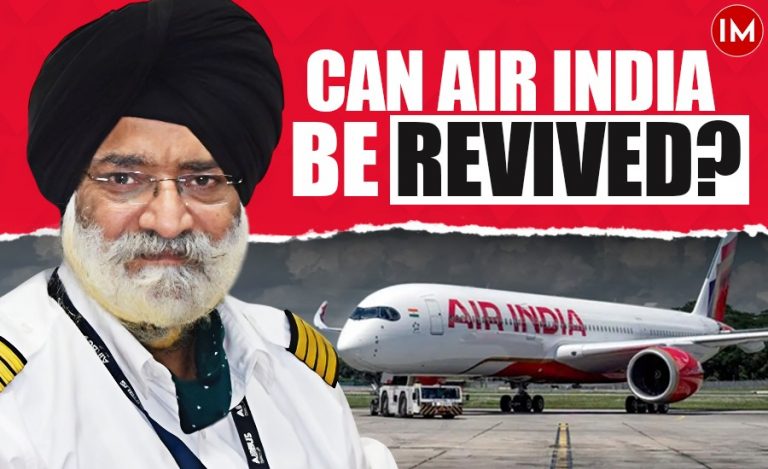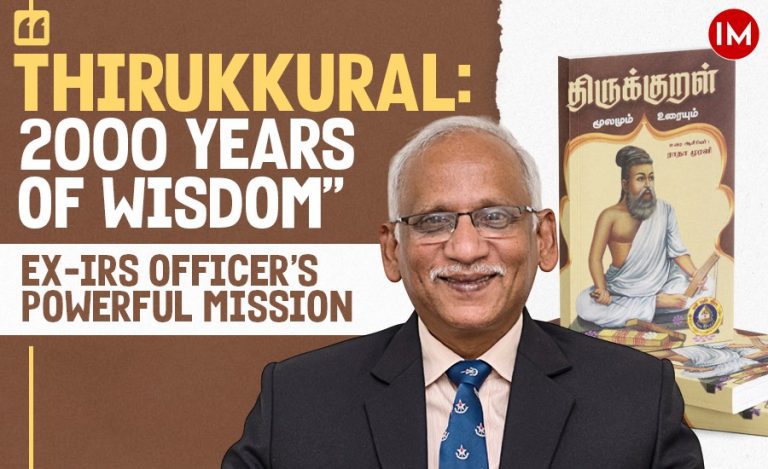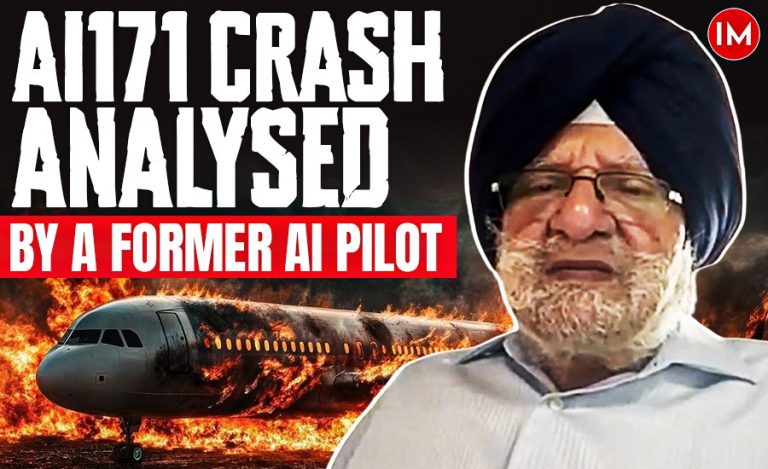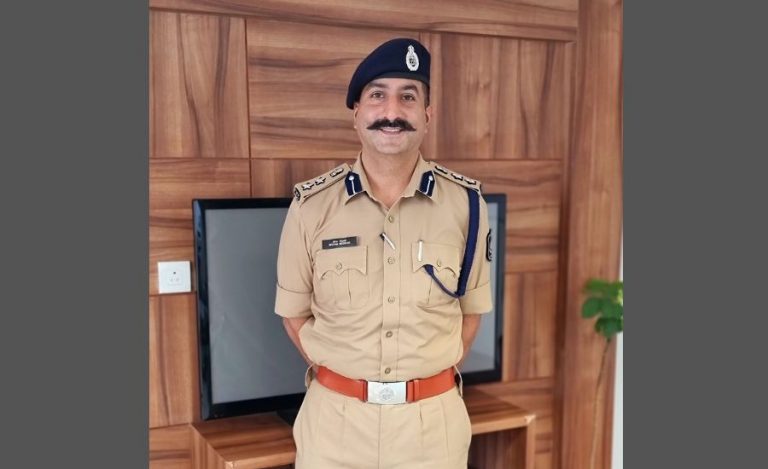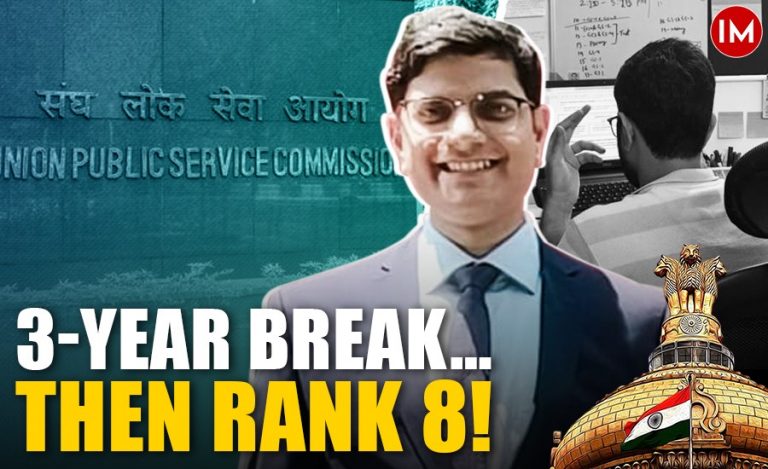In a major move aimed at revolutionizing highway travel, the Government of India is preparing to roll out a GPS-based toll collection system beginning May 2025, starting with commercial vehicles. This modern tolling mechanism will replace the current FASTag system in a phased manner and will charge users based on the actual distance travelled on tolled highways, rather than flat rates at physical toll plazas.
However, clarifying recent media reports, the Ministry of Road Transport and Highways (MoRTH) on Friday stated that no decision has been taken regarding the nationwide implementation of the GPS-based tolling system from May 1, 2025. The ministry emphasised that the launch would not happen nationwide on that date and that any transition will be gradual.
MoRTH stated that to enhance seamless vehicular movement and reduce travel time, an ‘Automatic Number Plate Recognition (ANPR)-FASTag-based barrier-less tolling system’ will first be implemented at select toll plazas. This hybrid model will combine ANPR technology, which reads vehicle number plates, with the existing FASTag system that uses Radio Frequency Identification (RFID) for toll deduction.
Under this interim system, vehicles will be identified and charged without having to stop at toll plazas. High-performance ANPR cameras and FASTag readers will jointly handle identification and toll deduction.
In case of violations, e-notices will be issued to vehicle owners, and failure to comply may result in suspension of FASTag and other VAHAN-related penalties.
What is GPS-Based Toll Collection?
The GPS-based tolling system, expected to launch in phases from May 2025, uses satellite navigation systems such as India’s NavIC and GAGAN to track vehicle movement and calculate tolls based on precise distance travelled. Vehicles will be fitted with On-Board Units (OBUs) that communicate with satellites to determine travel on toll roads.
Unlike the current system that charges a fixed fee at toll booths, this model introduces virtual gantries—digital checkpoints along highways—that calculate tolls automatically as the vehicle crosses them. Fees are deducted directly from the driver’s linked bank account, and SMS alerts are sent for transparency.
The rollout will begin with commercial vehicles, such as trucks and buses, which are already equipped with Vehicle Location Tracking Systems. The system will then be gradually extended to private vehicles.
During this transition, the existing FASTag infrastructure will continue to operate alongside the new system. To accommodate this change, dedicated GNSS lanes (Global Navigation Satellite System lanes) will be introduced.
A proposed “zero user fee” policy will allow free travel of up to 20 kilometres daily in each direction on national highways, easing the burden on local commuters and short-distance travellers.
The GPS-based system offers several benefits:
- Pay-per-use: Tolls based on actual distance travelled
- No stops: Vehicles move without halting at toll booths
- Reduced congestion: Smooth flow of traffic
- Lower emissions: No idling at barriers
- Wider coverage: Effective even in remote or underdeveloped regions
Despite the potential, there are challenges to address:
- High initial cost of OBUs and infrastructure deployment
- Technical reliability in areas with poor satellite connectivity
- Cybersecurity and privacy concerns, as OBUs are linked to users’ bank accounts
- Data privacy issues due to continuous tracking, though the government has assured compliance with the Digital Personal Data Protection Act, 2023
To ensure compliance, automatic enforcement using ANPR cameras will continue during the transition phase. Vehicles without OBUs or with non-functional units may be charged double tolls, in addition to receiving e-notices and facing other penalties under the VAHAN system.
With India’s vast road network spanning 6.67 million kilometres, full implementation will be a multi-year effort. However, once completed, the GPS-based tolling system is expected to transform the country’s road transport infrastructure by promoting efficiency, fair pricing, and digital innovation, while advancing the government’s broader goals under Digital India and Green Mobility initiatives.
Also Read: CBIC Issues Revised Guidelines for GST Registration Process to Ease Compliance Burden

